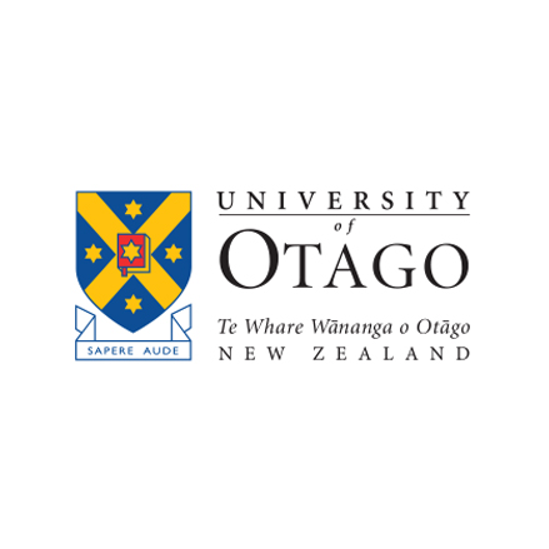
Most universities encourage students to specialise in either the sciences or the humanities, doing either Bachelor of Arts or Bachelor of Science degrees. But the world in which we live needs people whose expertise spans this divide. Modern science is rapidly changing our lives. But these developments also require us to think carefully about their implications. New-found abilities in fields such as artificial intelligence and genetic manipulation may enhance human welfare, but are not risk-free. Problems such as climate change are difficult to solve because the practices that give rise to them also provide great benefits. There are no straightforward answers or simple solutions.
At Otago, students have long been able to include humanities papers in a science degree and science papers in an arts degree, each normally taking three years. They can also complete a double degree programme, which would normally take five years. The Bachelor of Arts and Science adds to the range of options available. It enables graduates to present themselves to employers and the world at large as people who have real expertise in both the sciences and the humanities. But it takes less time than would be required for a double degree. The BASc requires students to complete two major subjects: an arts major subject and a science (or applied science) major subject. Although the BASc is normally a four-year degree, students who are prepared to take on a higher workload can finish in three and a half years. Students can also include a minor subject in the programme.